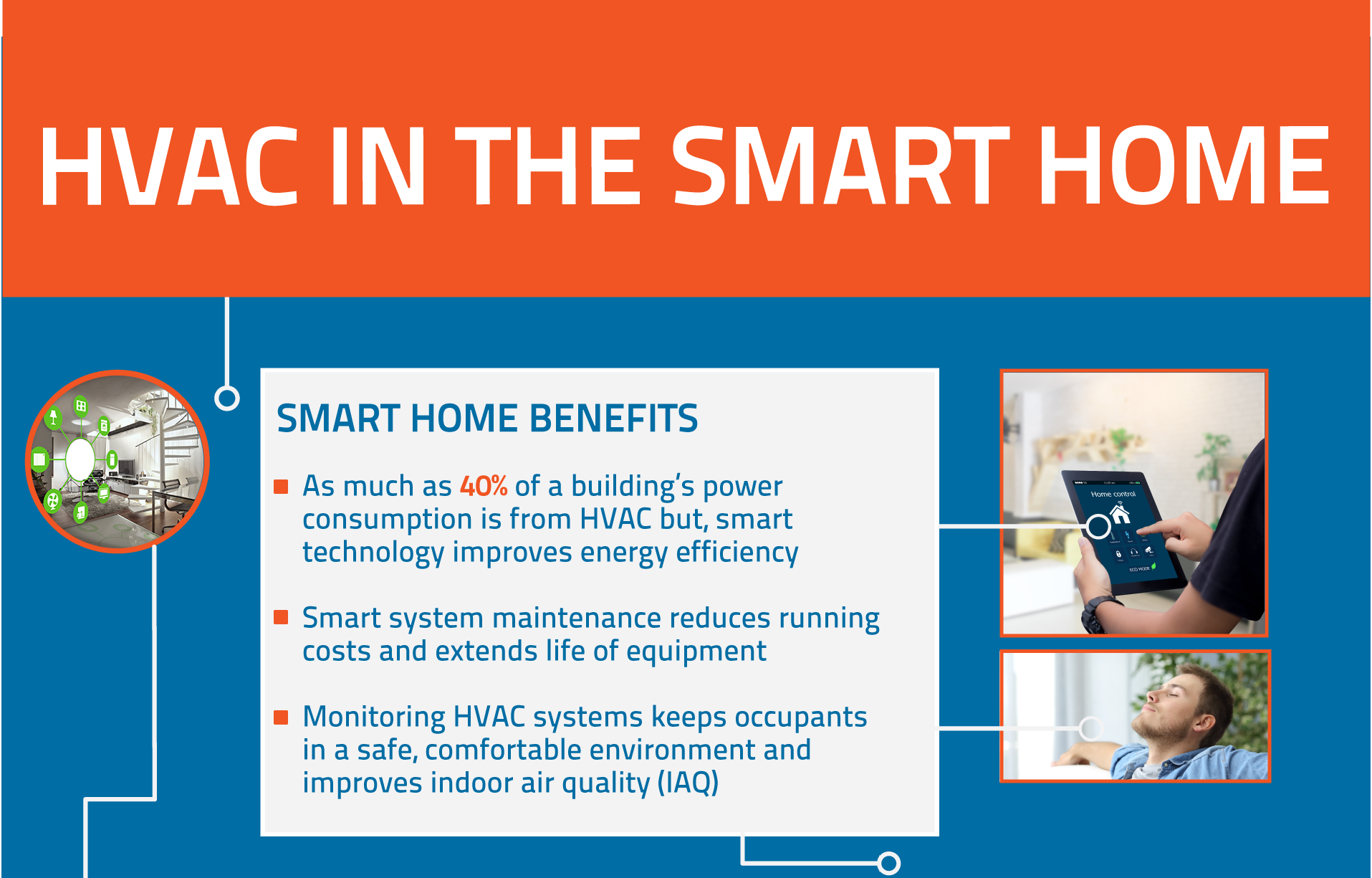Heat Pump Vs Furnace - Which Is The Better Home Heating Option For Your Home?
Heat Pump Vs Furnace - Which Is The Better Home Heating Option For Your Home?
Blog Article
Article Produced By-Rosenthal Mosegaard
Numerous homeowners are familiar with heating systems, which warm homes with oil or natural gas and push hot air via ductwork. They are fairly inexpensive and can offer reputable heating even during a winter power failure.
However, they use fossil fuels and produce carbon monoxide and other air pollution. They additionally aren't as energy-efficient as a high-efficiency heat pump.
Price
Generally, heatpump are extra economical to run than furnaces. They normally make use of electrical energy and refrigerant to essence heat from exterior air, and then move it right into your home. You can make use of less expensive electrical energy prices during off-peak hours to better lower your home heating prices.
Unlike Recommended Online site , gas or wood-burning furnaces use combustion to generate heat, discharging flue gases into the environment that can be unsafe to your health. These heating systems are likewise less energy-efficient than heat pumps, and their higher operating expense can accumulate gradually.
Heating systems are more difficult than heat pumps and call for routine upkeep to guarantee the proper feature of all components. Regardless of this, they often tend to last longer than heatpump with a typical lifespan of two decades or more. Nevertheless, you'll require to consider the cost of gas, gas oil or wood and the extra tools needed for setup and operation such as ducts and air flow systems.
Energy Efficiency
Heatpump have a greater power efficiency score than heating systems. These systems make use of electrical energy to feed on warmth from the air, also in freezing temperatures. They can likewise eliminate excess warm from the home throughout warmer months and recycle it to cool the system. Carrier specialists can aid you determine the best design for your home based on environment and resource power prices.
Heaters melt fuel oil, propane, gas or other types of nonrenewable fuel source to heat up the air in the home. This air is after that spread via ductwork using a big follower. Heaters create greenhouse gases and call for regular maintenance and tools upgrades to ensure risk-free operation.
The greatest advantage of a furnace is that it can be operated even in severe winter season conditions since it does not rely on exterior temperature levels to heat the air. Furnaces likewise have a longer lifespan than heatpump and normally last 15 years. They can likewise be coupled with twin fuel options, which pick one of the most reliable heating option based on the climate.
Climate
Heatpump work well in moderate environments and make use of much less resource energy than heaters. Nevertheless, if your region is exceptionally cool, you may need to purchase a conventional gas heater rather.
Furnaces offer warm, comfortable heat and generally supply rapid heating to increase indoor temperatures. These systems can be utilized with a variety of gas kinds, consisting of gas, propane, oil or electricity.
They consume extra power than heatpump-- approximately 3x as much-- and need ductwork that's costly to mount or retrofit. They're additionally much more pricey to preserve, as they can trigger air quality concerns and generate greenhouse gas discharges.
If you're committed to lowering your carbon impact, a heatpump is an excellent option for your home. They have fewer greenhouse gas discharges than heating systems, especially if you select a power STAR ® heatpump. Your local Service provider professional can explain the distinctions in between these two heating systems and assist you make the most effective choice for your unique requirements.
Individual Preferences
Furnaces can be really power efficient when powered by gas, gas or oil, yet they aren't as energy reliable as heat pumps in icy climates. They can additionally be extra expensive to mount, needing gas lines and air flow systems.
Nevertheless, heating systems often tend to need less maintenance, which can result in lower ongoing expenses. They produce fewer greenhouse gases and are a lot more reliable than heat pumps during severe climate.
Electric heatpump are a lot more functional in developing interior comfort since they can also function as ac unit throughout warmer months. They can be more convenient to keep, needing just regular air filter adjustments and occasional vacuuming.
If you choose the comfort of a single system that does it all, think about a crossbreed heating remedy that pairs a heater with an electrical heatpump. These systems can immediately change in between both home heating choices based upon your home's demands and temperature conditions, making the most of efficiency and cost savings.